Life
Sign up for our newsletter
We summarize the week's scientific breakthroughs every Thursday.
-
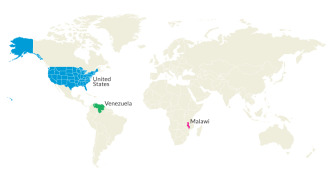 Microbes
MicrobesGut bacteria respect diets, not borders
Malawian and Guahibo gut microbiomes resembled those of herbivorous mammals, while American guts were more similar to carnivores’.
-
 Climate
ClimateMangroves move up Florida’s coast
Satellite images reveal that the tropical trees are expanding north up Florida’s Atlantic coast, taking advantage of rising winter temperatures.
-
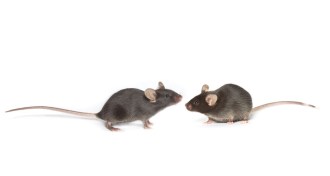 Neuroscience
NeuroscienceAll mice are the same, until they’re not
A new study shows substantial differences in how two closely related mouse strains respond to drugs. It offers new options for linking genes and behavior and may change how scientists think about the similarity of their mouse strains.
-
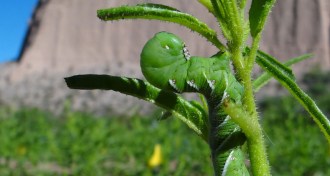 Animals
AnimalsSmoker’s breath saves caterpillars’ lives
Larvae of the tobacco hornworm caterpillar exhale nicotine, driving away predatory spiders.
By Susan Milius -
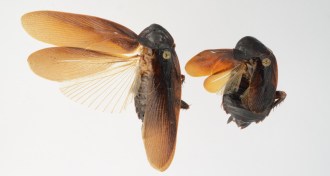 Ecosystems
EcosystemsNew Yorkers should relax about new roach species
Japanese roaches may be able to survive in the cold, but the added competition and their decreased allergic potential may mean the roaches’ arrival isn’t all bad.
-
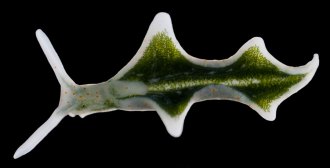 Plants
PlantsKleptoplast
A cellular part such as a light-harvesting chloroplast that an organism takes from algae it has eaten.
-
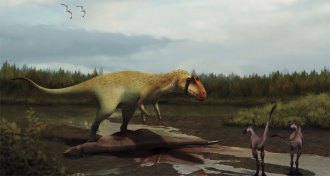
-
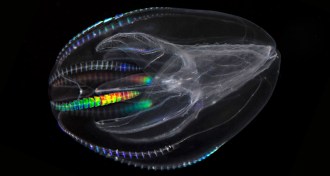 Genetics
GeneticsTop genomes of 2013
Scientists continue to decode the genetic blueprints of the planet’s myriad flora and fauna.
By Beth Mole -
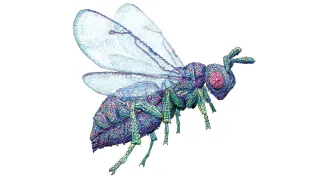 Microbes
MicrobesMicroscopic menagerie
The microbes dwelling in and on multicellular organisms should be viewed as evolutionarily inseparable from their hosts, some biologists argue.
By Susan Milius -
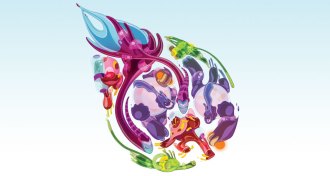 Humans
HumansMother lode
Certain sugar molecules in human breast milk do more to foster beneficial microbes, and banish harmful ones, than they do to nourish newborns.
-
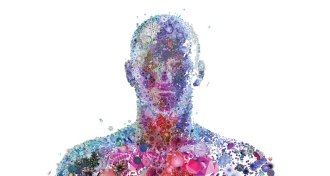 Microbes
MicrobesThe vast virome
When it comes to the microbiome, bacteria get all the press. But virologists are starting to realize that their subjects also do a lot more than make people sick.
-
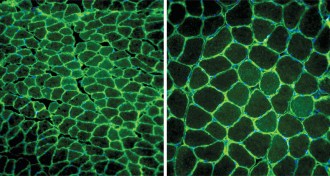 Life
LifeYear in Review: Gift of steroids keeps on giving
Mouse muscles stay juiced long after doping ends.